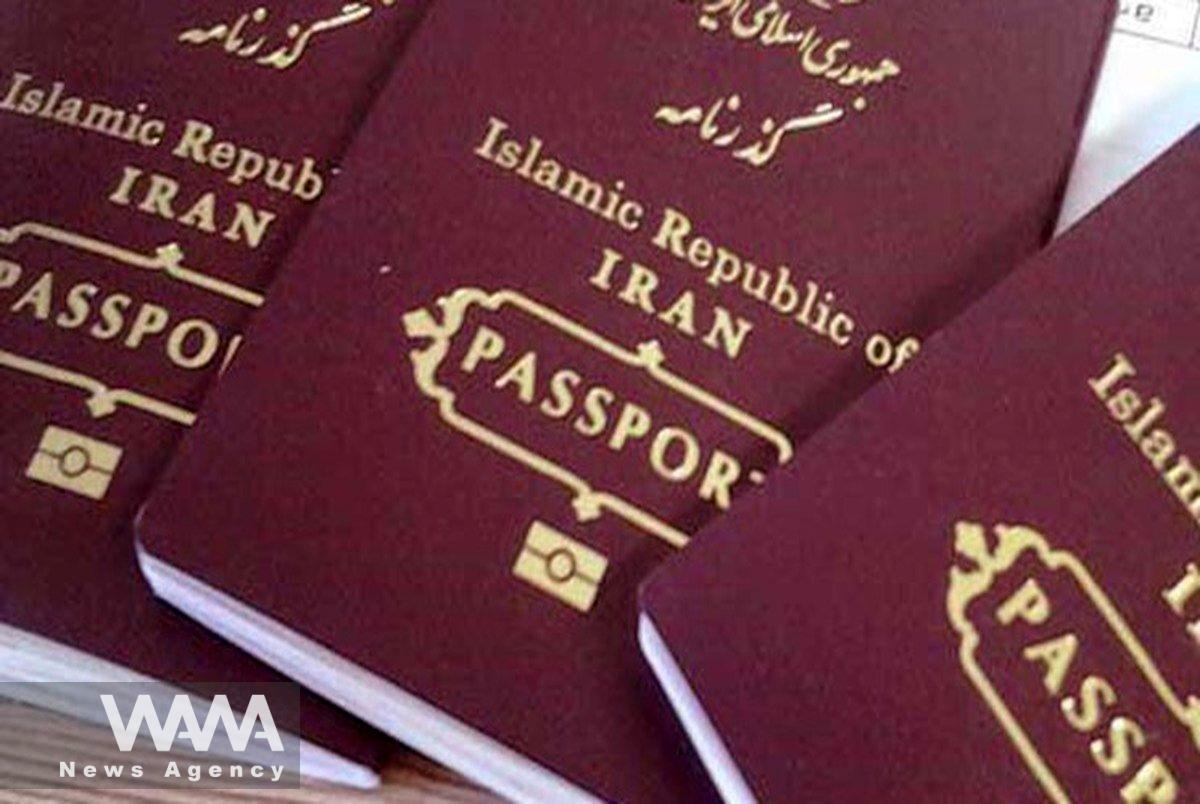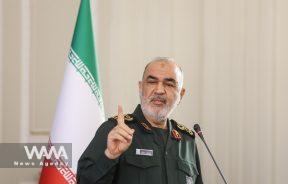Iran Issued Over 1.66 Million Visas to Foreign Nationals Last Year
WANA (July 22) – Alireza Bigdeli, Deputy Consul General, Parliament, and Iranian Expatriates Affairs at the Ministry of Foreign Affairs, announced today that over 1.66 million visas were issued to foreign nationals intending to visit Iran in the past year.
During a press conference on July 22, Bigdeli outlined the actions of his department over the past three years, stating that Iran has representations in 103 countries, which play a crucial role in diplomacy.
Bikdeli detailed the consular services provided, emphasizing their importance in facilitating the needs of Iranians both domestically and abroad. He highlighted that in 2023, approximately 200,000 passports were issued or renewed for Iranians overseas through Iranian representations.
He mentioned that last year, over 1.66 million visas were issued to foreign nationals wishing to travel to Iran. Also, 12,000 travel documents were issued for Iranians with damaged or expired passports.
Other consular services included issuing birth certificates, registering marriages and divorces (103,500 cases), and validating educational and student documents for Iranian students abroad (50,000 cases).
Bigdeli highlighted the current administration’s focus on multiple forms of diplomacy as a key achievement. This includes efforts to facilitate visa waivers and enhance services for pilgrims, which have significantly boosted public diplomacy.

Wana – Iranian passport
Bigdeli emphasized support for Iranian cultural and artistic figures in the realm of cultural and artistic diplomacy, ensuring special facilities for their international activities. He also mentioned the establishment of a dedicated service desk for artists at the Ministry of Foreign Affairs to expedite their consular needs.
Regarding sports diplomacy, he discussed various actions, including meetings with officials and ambassadors in the lead-up to international events like the World Cup and the Olympics, to address emerging issues.
Bigdeli also spoke about efforts in the fields of handicrafts and tourism, particularly health tourism, emphasizing the Ministry’s role in attracting foreign patients to Iranian medical facilities.
He highlighted the cooperative relationship with the Parliament, noting mutual support and oversight, with 76 questions posed to the Foreign Minister, 111 written warnings, and 67 verbal warnings issued during this period.
Bigdeli concluded by mentioning that Iran’s 140 representations in 103 countries serve as key points of contact for their respective regions. He also introduced a new system designed to enhance service delivery to Iranians, featuring online identity verification and electronic payments, currently in its pilot phase.
In response to a journalist’s question about Iranian prisoners abroad, Deputy Consul General Alireza Bigdeli stated that there is a specialized department with 23 diplomats dedicated to addressing the needs of Iranian citizens, regardless of the reasons for their detention.
He mentioned ongoing efforts for Mohammad Reza Nouri, who is detained in Iraq, noting extensive actions by the Iranian ambassador in Iraq and multiple meetings with Nouri’s family.
Bigdeli personally met with Nouri’s father three times and highlighted the cooperation of the Iraqi government, including allowing a doctor to visit Nouri in prison, expressing hope for his imminent release.
Regarding Iranian prisoners in Saudi Arabia and the case of Mohammad Khazaei, Bigdeli explained that currently, two Iranian pilgrims are detained in Saudi Arabia: one for general crimes and Khazaei for media-related activities.
Bigdeli has met with Khazaei’s family members and noted that the relevant department has issued five notes on his behalf. Yesterday, the Director General of Consular Affairs met with the Saudi ambassador, and Bigdeli expressed hope for Khazaei’s return to Iran soon.
He emphasized that such efforts are standard procedures for assisting detained or imprisoned Iranians abroad, including high-level meetings with Saudi officials on the matter.
Bigdeli further revealed that there are 700 Iranian prisoners in countries other than Turkey, with transfer agreements in place with over 53 countries. However, the number of Iranian prisoners in Turkey is around 3,000, largely due to the visa waiver and the high volume of travel to Turkey, compounded by a lack of awareness of local laws.












